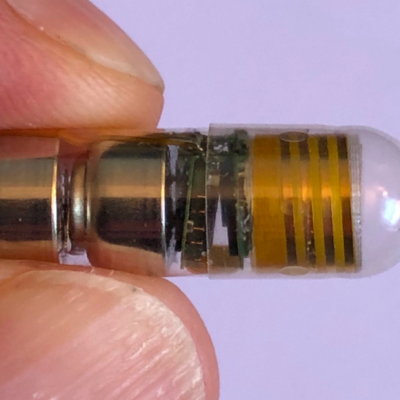A recent study conducted in Bavaria, Germany, has revealed that many children who were infected with SARS-CoV-2 went undetected due to the mild or asymptomatic nature of the virus. The study, called Fr1da, aimed to investigate whether screening for Type 1 diabetes in children was possible by analyzing blood samples from 11,884 children aged 3.2 years on average. Researchers from the Helmholtz Zentrum München used a self-developed test called the Luciferase-Immunoprecipitation System (LIPS) Assay to detect antibodies against SARS-CoV-2 in the archived blood samples. The LIPS Assay was found to have a sensitivity of over 95% and a specificity of 100% in detecting antibodies against the virus.
Out of the 11,884 blood samples, 82 tested positive for antibodies against both the spikes protein and the nucleocapsid of SARS-CoV-2. The infections occurred between January and July 2020, with the highest number of cases in May, June, and July. The study found that the infection rate among children was six times higher than the number of cases reported by the Bavarian State Office for Health and Food Safety. This is due to the mild or asymptomatic nature of the virus in children, which often goes unnoticed by parents. In fact, half of the parents reported only mild symptoms in their children, which were rarely associated with SARS-CoV-2.
The study also revealed that SARS-CoV-2 infections often occur within families, with about a third of the infected children living with a family member who also tested positive for the virus. The data from the Fr1da study provides valuable insights into the prevalence of SARS-CoV-2 infections among children and highlights the need for increased testing and monitoring to prevent the spread of the virus.










